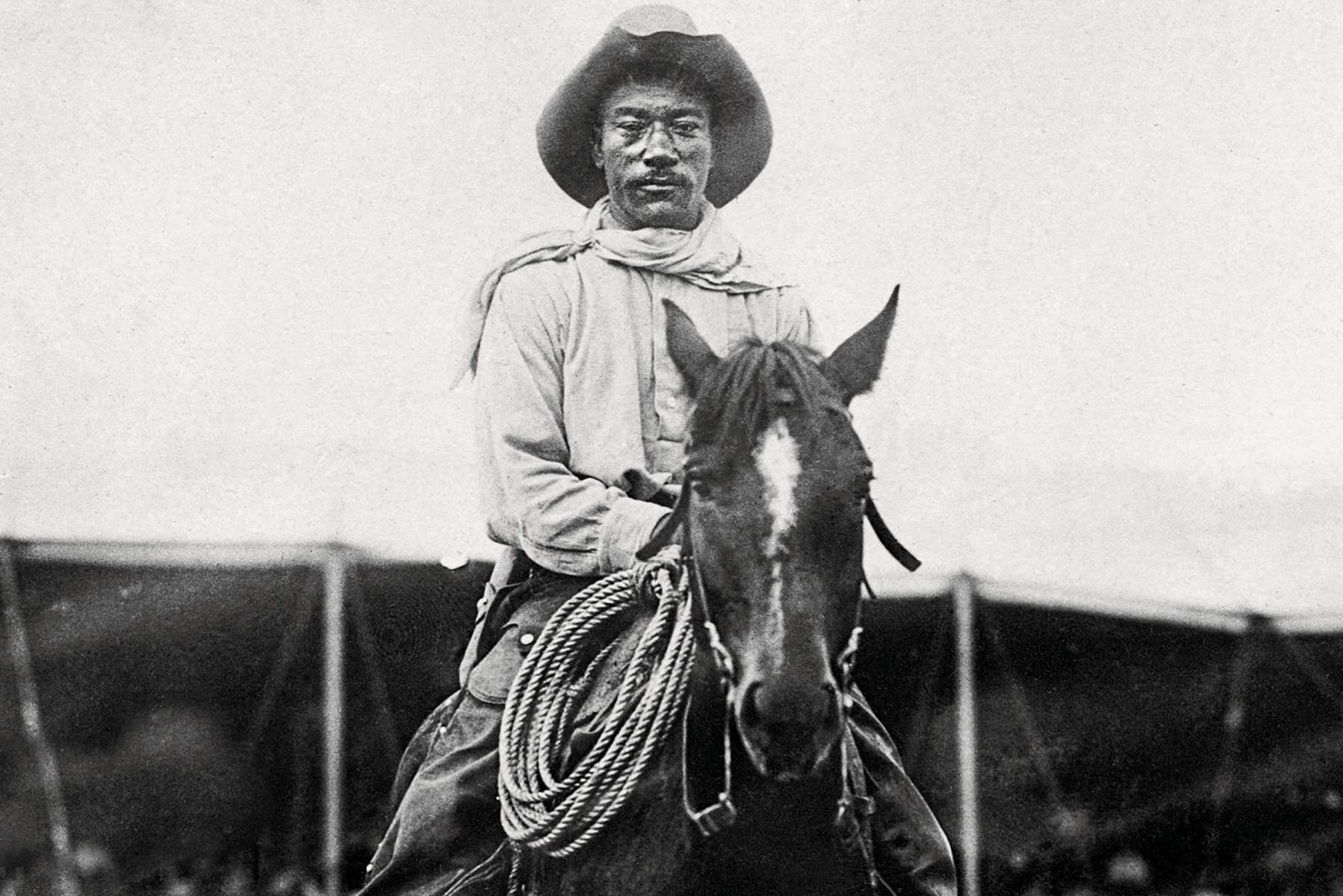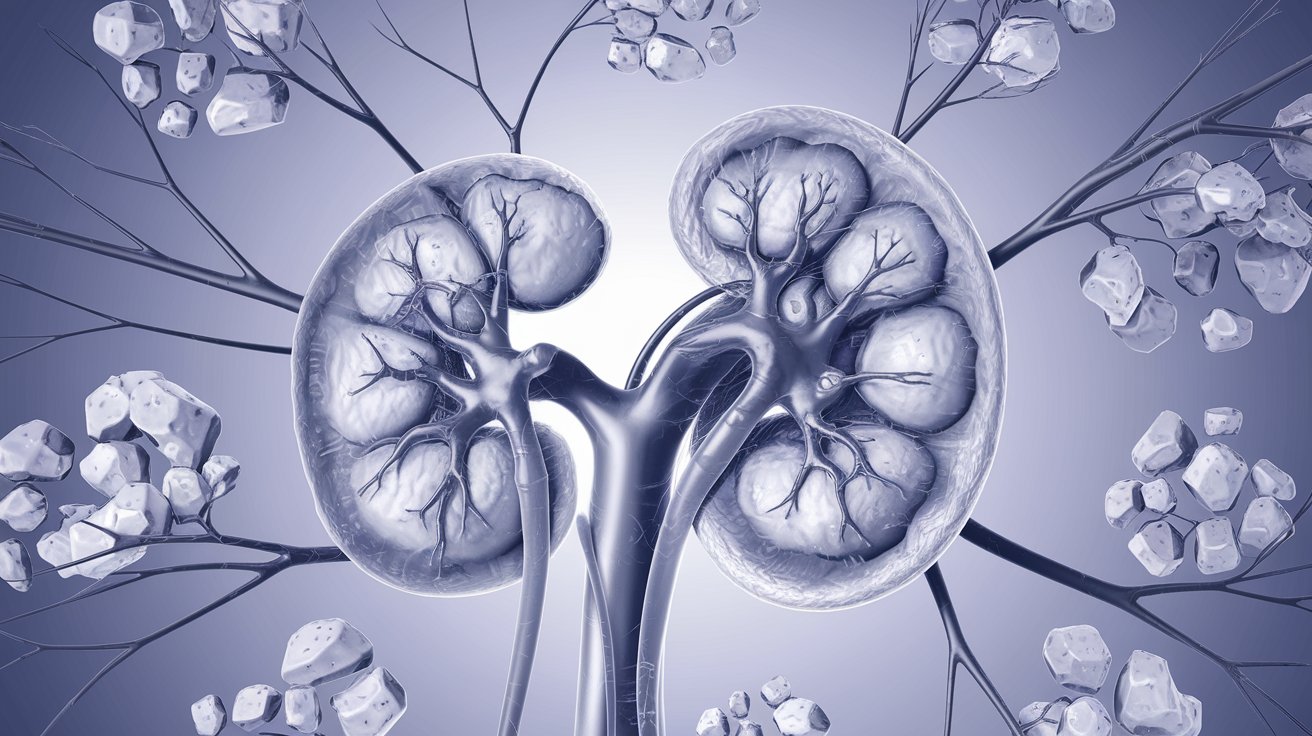
Who was Bill Pickett? Bill Pickett was a legendary cowboy and rodeo performer, known for his daring and innovative techniques. Born in 1870, he became famous for inventing "bulldogging," a method of wrestling steers to the ground by biting their lips. This fearless approach earned him a place in the Rodeo Hall of Fame. Pickett's life was a mix of grit, adventure, and showmanship, making him a true icon of the Wild West. His story is filled with fascinating details, from his early days on a Texas ranch to his performances in the famous 101 Ranch Wild West Show. Ready to learn more about this incredible figure? Let's dive into 37 amazing facts about Bill Pickett!
Key Takeaways:
- Bill Pickett, a legendary cowboy of African American and Cherokee descent, invented the daring rodeo sport of bulldogging, inspiring future generations and breaking racial barriers in the cowboy culture.
- Despite facing racial discrimination, Bill Pickett's resilience and innovation in rodeo left a lasting legacy, earning him posthumous induction into the National Cowboy Hall of Fame and inspiring the Bill Pickett Invitational Rodeo.
Who Was Bill Pickett?
Bill Pickett, a name synonymous with rodeo history, was a trailblazer in the world of cowboy culture. Born in the late 19th century, Pickett's life was filled with remarkable achievements and fascinating stories.
-
Bill Pickett was born on December 5, 1870, in Travis County, Texas.
-
He was the second of 13 children in his family.
-
Pickett's parents were former slaves, making his accomplishments even more significant.
-
He was of African American and Cherokee descent.
-
Pickett attended school until the fifth grade, after which he began working as a ranch hand.
The Birth of Bulldogging
Bill Pickett is best known for inventing the rodeo sport of bulldogging, also known as steer wrestling. This daring act involved wrestling a steer to the ground using unique techniques.
-
Pickett observed how bulldogs would bite the lips of cattle to subdue them, inspiring his method.
-
He would bite the steer's upper lip to control it, a technique that became his signature move.
-
Bulldogging became a popular event in rodeos, thanks to Pickett's innovation.
-
Pickett's performances drew large crowds, eager to see his daring feats.
-
He was the first African American cowboy to gain widespread fame for his rodeo skills.
Rodeo Stardom
Bill Pickett's talent and showmanship made him a star in the rodeo circuit. His performances were not only thrilling but also groundbreaking.
-
Pickett joined the 101 Ranch Wild West Show, one of the most famous rodeo shows of the time.
-
He performed alongside legendary figures like Buffalo Bill Cody and Will Rogers.
-
Pickett's act included riding bucking broncos, roping cattle, and, of course, bulldogging.
-
He toured the United States, Canada, Mexico, and even Europe with the Wild West Show.
-
Pickett's fame extended beyond the rodeo arena, making him a household name.
Hollywood and Beyond
Bill Pickett's charisma and talent caught the attention of Hollywood, leading to appearances in early Western films.
-
He starred in the silent film "The Bull-Dogger" in 1921.
-
Pickett also appeared in "The Crimson Skull," another silent Western film.
-
His film roles helped cement his status as a cowboy legend.
-
Pickett's influence extended to other cowboys, inspiring future generations.
-
Despite facing racial discrimination, Pickett's talent and determination earned him respect and admiration.
Legacy and Honors
Bill Pickett's contributions to rodeo and cowboy culture have left a lasting legacy. His achievements continue to be celebrated and honored.
-
In 1971, Pickett was posthumously inducted into the National Cowboy Hall of Fame.
-
He was the first African American to receive this honor.
-
The ProRodeo Hall of Fame inducted Pickett in 1989.
-
Pickett's life and career have been the subject of numerous books and documentaries.
-
The Bill Pickett Invitational Rodeo, established in 1984, celebrates his legacy and promotes African American cowboys.
Personal Life and Challenges
Despite his fame, Bill Pickett faced numerous challenges throughout his life. His personal story is one of resilience and determination.
-
Pickett married Maggie Turner in 1890, and they had nine children together.
-
He faced racial discrimination and segregation, even as a celebrated cowboy.
-
Pickett's performances were sometimes restricted due to his race.
-
He often had to perform under the name "The Dusky Demon" to avoid racial prejudice.
-
Despite these challenges, Pickett remained dedicated to his craft and continued to perform.
Final Years and Death
Bill Pickett's life came to an end in 1932, but his legacy lives on. His final years were marked by continued dedication to the rodeo.
-
Pickett continued performing in rodeos well into his 60s.
-
He suffered a severe head injury while working on a ranch in 1932.
-
Pickett passed away on April 2, 1932, from complications related to his injury.
-
He was buried in the 101 Ranch Cemetery in Oklahoma.
-
Pickett's death was widely mourned in the rodeo community.
-
His contributions to rodeo and cowboy culture continue to be celebrated today.
-
Bill Pickett's story is a testament to the power of perseverance and innovation in the face of adversity.
Bill Pickett's Legacy Lives On
Bill Pickett's impact on rodeo and American history can't be overstated. His innovative bulldogging technique changed the sport forever, earning him a place in the Rodeo Hall of Fame. Beyond rodeo, Pickett's story of perseverance and skill continues to inspire. He broke barriers in a time of racial segregation, proving talent knows no bounds. His life reminds us of the importance of determination and creativity. Pickett's legacy lives on through rodeo events, movies, and books celebrating his achievements. Next time you watch a rodeo, remember the man who made it all possible. Bill Pickett's story isn't just about rodeo; it's about breaking barriers and leaving a lasting mark on history. His contributions remain a testament to what one person can achieve against the odds.
Frequently Asked Questions
Was this page helpful?
Our commitment to delivering trustworthy and engaging content is at the heart of what we do. Each fact on our site is contributed by real users like you, bringing a wealth of diverse insights and information. To ensure the highest standards of accuracy and reliability, our dedicated editors meticulously review each submission. This process guarantees that the facts we share are not only fascinating but also credible. Trust in our commitment to quality and authenticity as you explore and learn with us.


